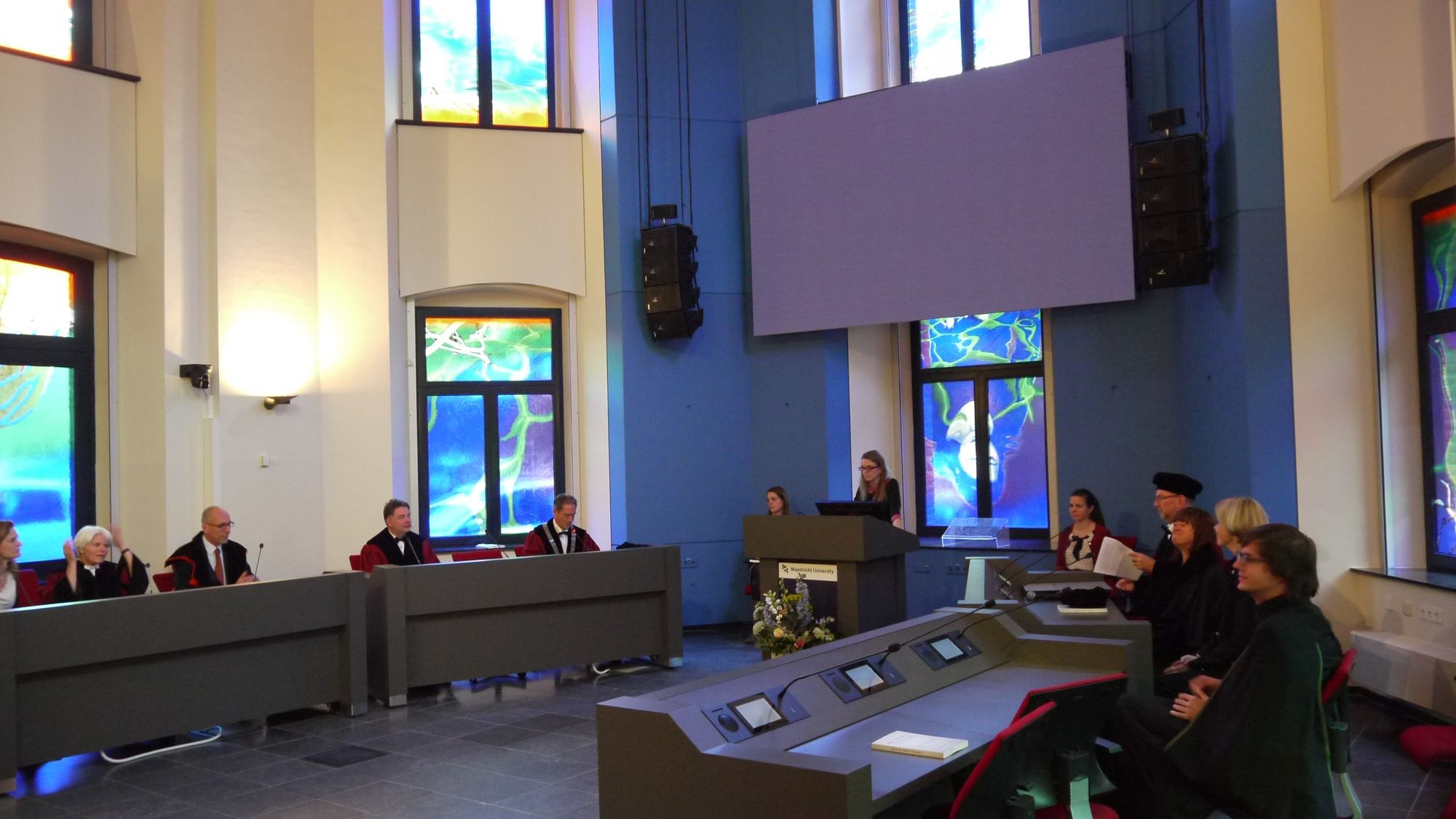How did I end up building a community health app?
I'm knee-deep into community analytics but never planned this. So how did I end up here? A very quick founder story
I'm knee-deep into community analytics. Sometimes I call these analytics team analytics, thinking about the small group of people I'm co-leading. But as we don't have titles, co-leading means nothing. Servant leadership hard coded into the process?
But how did I end up here?
At the very beginning, I only wanted to figure out how to share information efficiently with others to create a level playing field. That was back in 2009 when I was writing my master's thesis, my first daughter forming in my womb. I dug further and further into it for my Ph.D., always looking to understand better what is happening between people, while co-creating another three wonderful human beings to roam the world.

My central assumption was, and still is, that people need access to relevant information to make decisions. While the internet is full of information, people live in their own bubbles (their network). What an individual is achieving depends on their bubble.
And puff suddenly - at least that's how it feels - I'm building with others, mostly strangers, this app that measures the health of your (web3) community. While everyone around me is excited and believes in the product, the only thing I can see is that selling our metrics is challenging. Really challenging.
How can you explain that healthy communities need to make space for cliques but also pay attention to keeping the communication chains (paths in my lingo) short? And that these two need to be balanced? Your community can become less fragmented but more cliquey.
You see, it requires a lot of education and conversation. Maybe it's the researcher in me talking, knowing all the limitations. But more likely, it's eight years of experience teaching social network analysis to HR professionals. I know that once they understand the philosophy of social network analysis, their eyes open wide because they can sense all the possibilities. But until then, it's a steep climb.
As part of my efforts to understand the users, I went to a workshop for community managers with the catchy title making action through data. I was struck to hear the same conversation I heard among HR professionals seven years ago: We need data to convince others about the return community managers are bringing in. And more importantly, this data needs to be tied to business objectives. Seeing where HR is now with its analytics, my hopes are crushed for community management to receive the central spot in companies and the economy it deserves.
But there is hope that building and managing communities isn't seen as a low-level entry type of position but one that requires people skills, an analytical mind, and strategic thinking. Or, as one person we talked to recently put it, "science-based community management". I'm also thinking about a recent conversation in The Indiependent Community, a community Rosie is seeded and is nurturing, on AI and automation: AI can't do the high-touch activity. And a lot of community building is precisely that.
A friend asked how I am using our tool? Well-being was my answer: do people stop working or at least chatting on Discord. And yes, they do! Also, we love, love, love threads. Most threads are about a very specific niche topic. It keeps the channel clean. Do you know what this obsession with threads also does? Makes it harder to find conversations. You are happily in your thread, forgetting the world around you. The end result is more and more fragmentation.
Maybe at the end of the day, I find myself here because I want to elevate the silent voices in the communities around me by giving leaders and managers the data to look beyond the loud person in the room. I can imagine myself showing leaders one of those typical social network graphs that are all over this blog, pointing at a circle and proclaiming full of enthusiasm:
See, see this dot right here that holds everything together. That's Sami, the woman who never speaks up in any calls. She's your linchpin, the heart of your team. She's present on every channel, reading posts and connecting with people. She doesn't post a lot, but her posts are thoughtful and move people to action. Threat her well. If she's gone, your community is in danger of falling apart!
This post was drafted on a Monday evening. Mondays are meeting days. I kid you not; between 14h and 18h, I'm on calls. With my brain absolutely mush, I head to a bar for a beer and a snack instead of going home to my kids (no worries, the babysitter is with them). That's part of my well-being routine, creating a headspace between work and family. I allow myself that once per week. And yes, I suffer from mom guilt while sipping my beer.
How can you help me?
Don't send me funny cat videos. They do absolutely nothing for me.
- Talk to me about your challenges and joys of building an online community.
- I'm doing customer support for our app, so happy to hear what works and what sucks.
- Send me articles on product development. I'm slowly learning.
- Tell me what futures you envision for the world; where do you see the world going?
- And if there is a community of single mothers leading remote teams, invite me!